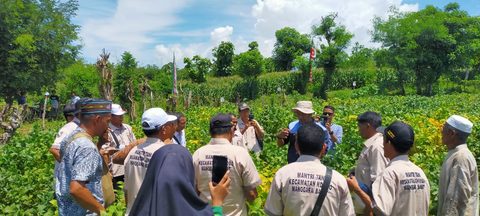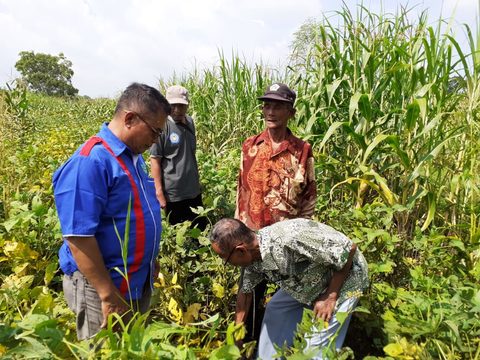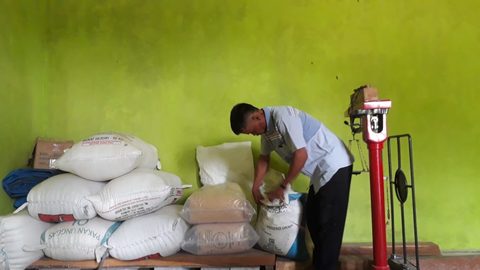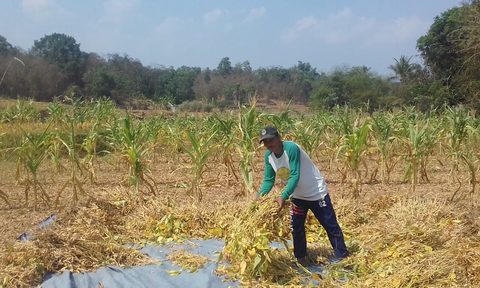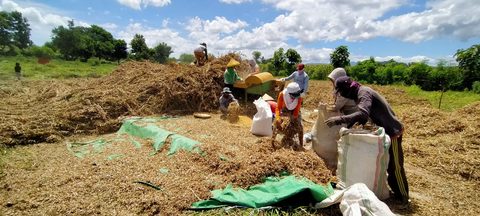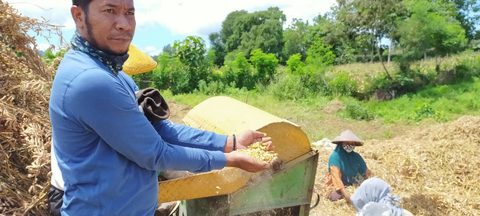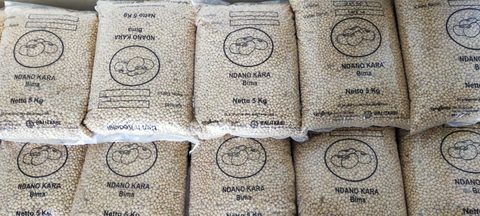Keeping tofu and tempe on Indonesians’ tables
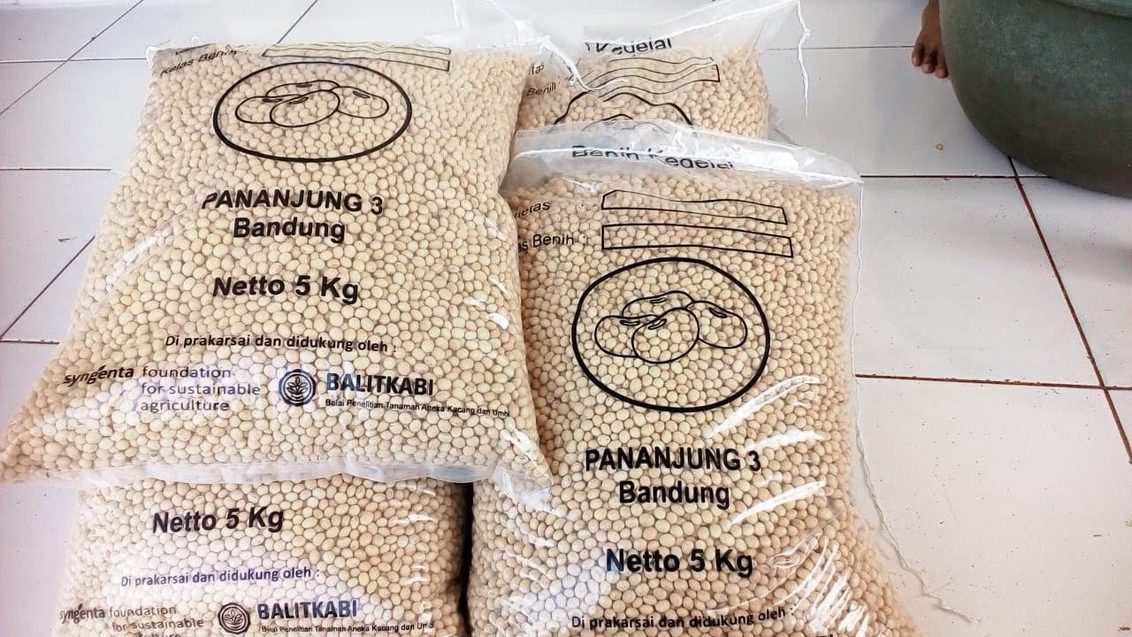
Facing the COVID-19 pandemic, Indonesia applied major social restrictions. These affected farmers in many ways. Agricultural supply chains, for example, slowed down or even stopped. “One result is that smallholders often can’t get the seeds they need”, explains our Indonesian Country Director, Teddy Tambu. “That makes strengthening rural seed producers more important than ever.”
The soybean products tofu and tempe are very popular foods in Indonesia. So our employees there knew to put a particular emphasis on soybean seed. Fortunately, they had already begun working with the Indonesia Legume and Tuber Research Institute (ILETRI) in 2019. “Our joint aim was to train and strengthen community-based soybean seed producers”, comments Teddy. By early 2020, there were enough seeds to meet demand. When the pandemic hit, producers remained committed to maintaining supplies.
“ILETRI and we made 1.3 tons of foundation seed available”, says our Seeds2B Technical Specialist Heru Lazuardi. “Between November and May, the local entrepreneurs turned those into 20.5 tons of farm seed.” Following our agronomy recommendations, smallholders grew 1.8 to 3 tons per hectare. Good weather helped with this excellent yield.
Quality is important, however, as well as quantity: ILETRI had provided its superior variety Detap 1. Each producer receives hermetic bags for maintaining quality in storage. Farmers can buy their seed in robust 5 kg packs rather than the typical thin plastic ones. The certified seed sells across 22 provinces, with credits to ILETRI and our Foundation printed on every packet.
The seed producers also play an important role in motivating local farmers. Burhan, who grows seed for Pemuda Kreatif, has encouraged and trained 25 smallholders in East Nusa Tenggara Province; Sumari from Yogyakarta has motivated 15 in his own village. “Producers already know the seeds well”, Heru adds. “They give their neighbors tips on cultivation, treatments, scale-up, post-harvest handling, and other aspects of successful soybean farming.” Government programs in the soybean sector are additional help. As a result of all these efforts, supplies have held up well throughout the pandemic.
Read how our teams are helping smallholders in :
Translation on the packaging (sell to farmer):
Pananjung (Name of the seed producer)
Bandung (this the area/District in the province)
Diprakarsai …oleh: Initiate and Support by: SFSA – Balitkabi (ILETRI)

